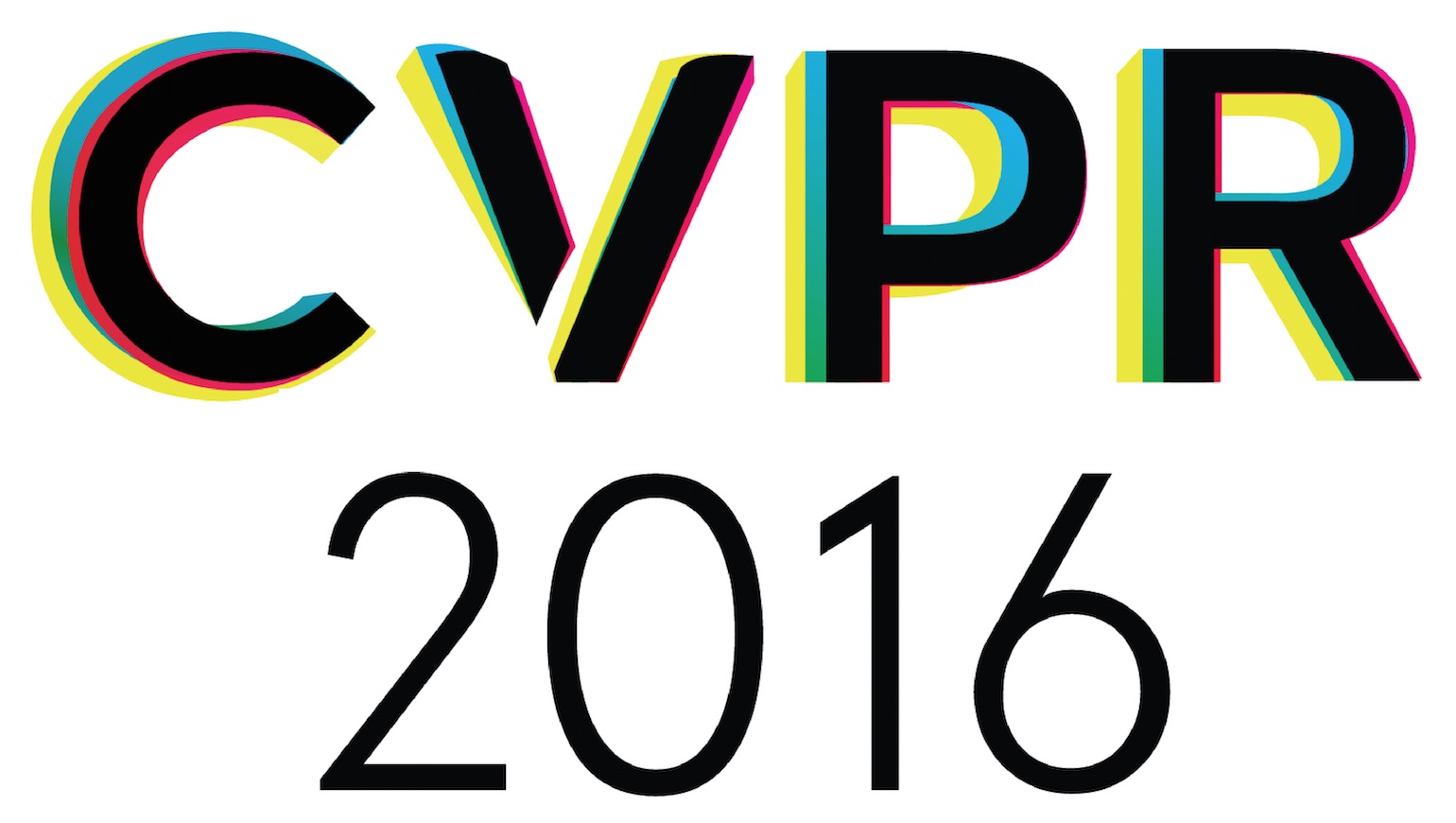-
Learning Marginalization Through Regression for Hand Orientation Inference
AbstractWe present a novel marginalization method for multi-layered Random Forest based hand orientation regression. The proposed model is composed of two layers, where the first layer consists of a marginalization weights regressor while the second layer contains expert regressors trained on subsets of our hand orientation dataset. We use a latent variable space to divide our dataset into subsets. Each expert regressor gives a posterior probability for assigning a given latent variable to the input data. Our main contribution comes from the regression based marginalization of these posterior probabilities. We use a Kullback-Leibler divergence based optimization for estimating the weights that are used to train our marginalization weights regressor. In comparison to the state-of-the-art of both hand orientation inference and multi-layered Random Forest marginalization, our proposed method proves to be more robust.
Related Material
[pdf][bibtex]@InProceedings{Asad_2016_CVPR_Workshops,
author = {Asad, Muhammad and Slabaugh, Gregory},
title = {Learning Marginalization Through Regression for Hand Orientation Inference},
booktitle = {Proceedings of the IEEE Conference on Computer Vision and Pattern Recognition (CVPR) Workshops},
month = {June},
year = {2016}
}
These CVPR 2016 workshop papers are the Open Access versions, provided by the Computer Vision Foundation.
Except for the watermark, they are identical to the accepted versions; the final published version of the proceedings is available on IEEE Xplore.
Except for the watermark, they are identical to the accepted versions; the final published version of the proceedings is available on IEEE Xplore.
This material is presented to ensure timely dissemination of scholarly and technical work.
Copyright and all rights therein are retained by authors or by other copyright holders.
All persons copying this information are expected to adhere to the terms and constraints invoked by each author's copyright.

